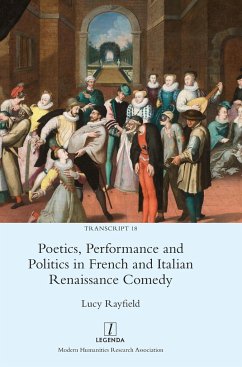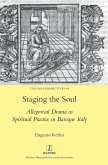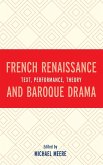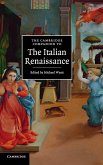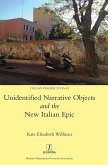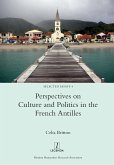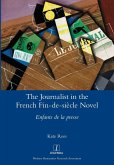There is nothing funny about comedy in Renaissance France. Comic theatre in the sixteenth century was employed, primarily, as a tool for teaching Latin; it was also judged to be a canny means of enriching and elevating one's national literature and language. Increasingly, comedy was transformed into a political and polemical weapon, capable not only of resisting the influx into France of the forward-looking and fashionable Italian culture, but also of helping to replace the Italians as arbiters of European literature. In this intertextual and cross-cultural survey, Lucy Rayfield explores the productive and at times antagonistic relationship of French playwrights with Italian paradigms, documenting the move from classical comedy regarded as a scholarly exercise to drama revived in print and performance, which was anything but a smooth transition. Lucy Rayfield graduated with a doctorate from Balliol College, University of Oxford, in 2019. She is currently a Research Associate in Renaissance French at St Benet's Hall, University of Oxford.

